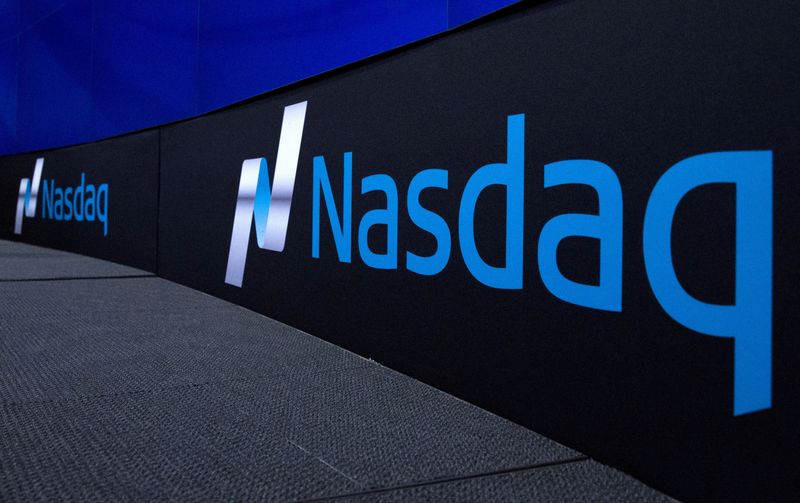Exclusive-Hollysys management to lead take-private deal at $1.8 billion valuation -sources
2022.09.02 12:18

FILE PHOTO: The Nasdaq logo is displayed at the Nasdaq Market site in New York September 2, 2015. REUTERS/Brendan McDermid
By Julie Zhu
HONG KONG (Reuters) – A consortium led by China’s Hollysys Automation (NASDAQ:HOLI) Technologies management plans to take the U.S.-listed automation and control system maker private in a deal that would value the firm at $1.8 billion, people with knowledge of the matter said.
The management team, led by founder and Chief Executive Officer Wang Changli, has won endorsement for the deal from the municipal government of Beijing, where the company is based, the people said.
The team, acting under the local government’s guidance, has joined hands with a Beijing-based state firm for the potential deal, they added.
Neither Hollysys nor Wang responded to Reuters requests for comment. The Beijing municipal government also did not respond.
The planned take-private deal reflects the consortium’s view that Hollysys, which was listed in New York in 2008, was undervalued in the U.S. market, the people said.
Founded in 1993, the company trades at 13 times trailing earnings on the Nasdaq, while its Shanghai-listed peer Zhejiang Supcon Technology has a comparable P/E multiple of 54, according to Refinitiv data.
The consortium aims to bring a number of financial investors into the take-private deal, including U.S. private equity firm Warburg Pincus and Chinese venture capital firm Legend Capital, the people said.
The consortium has also held talks with banks to finance the deal and is about to secure loans worth at least $1 billion from Chinese lenders, led by ICBC (Asia), they added.
State-owned lender ICBC (Asia) did not respond to a request for comment. Warburg Pincus and Legend Capital had no comment on the matter when contacted by Reuters.
The people declined to be identified because the information was not public.
The consortium plans to offer about $29 per share to take Hollysys private, the sources said, representing a premium of 81% to the firm’s average share price over the past three months of $16.








